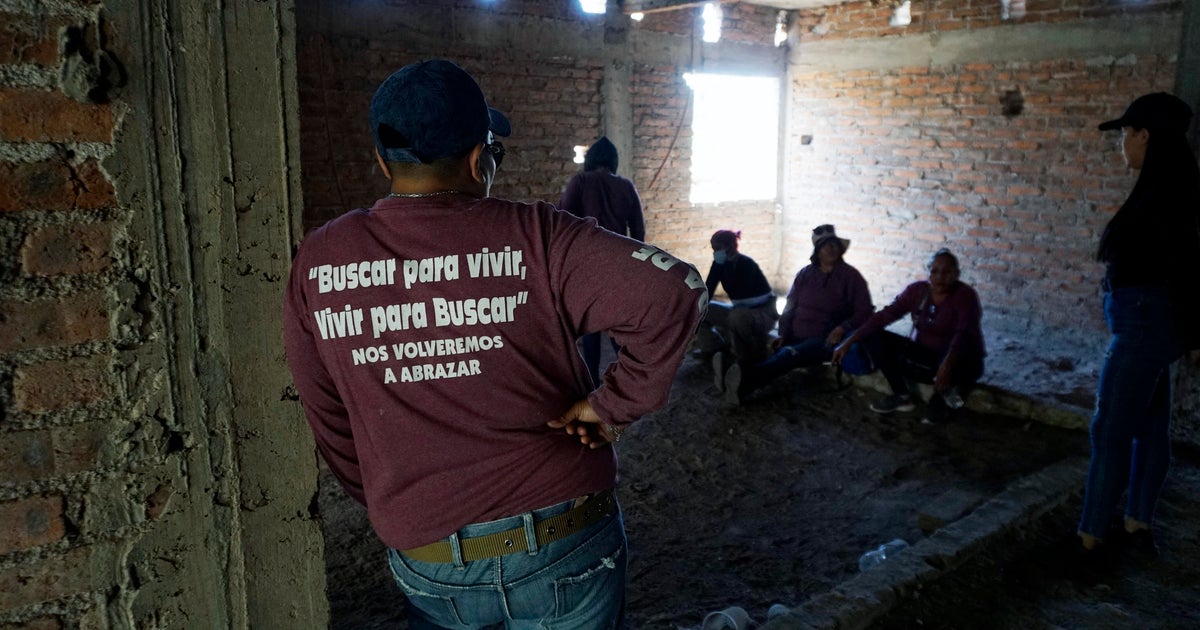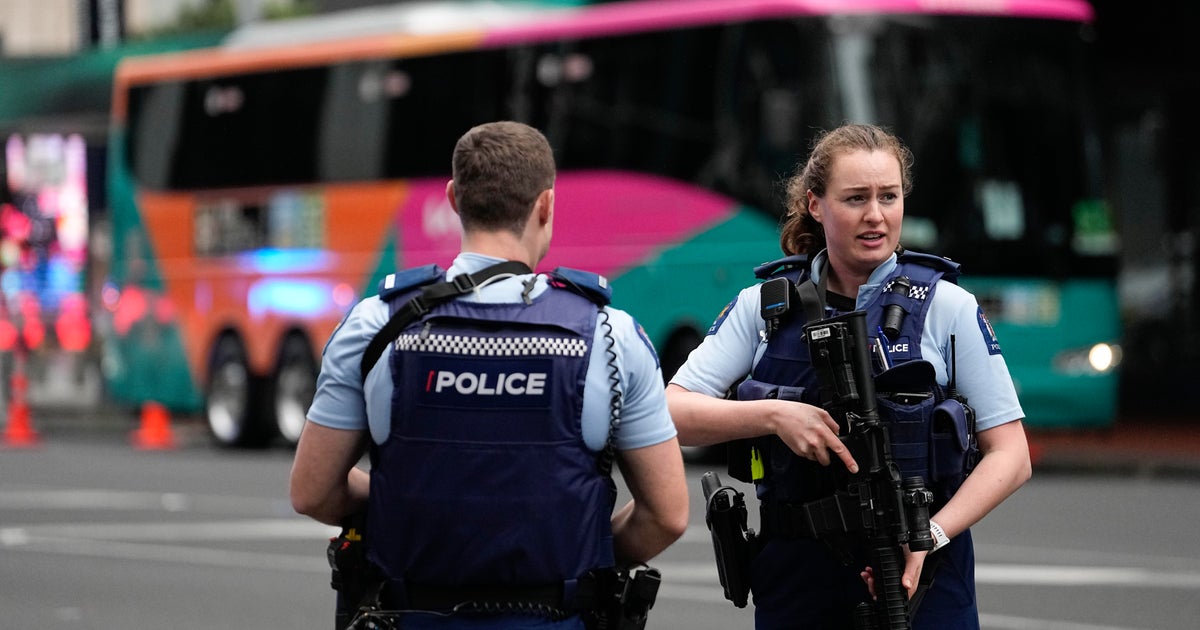Samoan Prime Minister Fiame Naomi Mata'afa Triggers Early Election After Budget Defeat
Samoa's political landscape has undergone a significant upheaval with Prime Minister Fiame Naomi Mata'afa's recent announcement of an early election. The decision came on a tense Tuesday morning in parliament, where the Prime Minister's attempt to pass the annual national budget was thwarted, resulting in a decisive vote of 34-16 against her proposal.
Fiame, who is often referred to as the Pacific's 'Iron Lady', now finds herself in a caretaker role as she prepares to lead the nation until the election date is confirmed. This recent political turmoil is a culmination of prolonged instability, marked by disputes with her former allies in the FAST Party, a party she once led but was ousted from earlier this year.
The backdrop to this political crisis involves serious criminal allegations against La'auli Leuatea Schmidt, Fiame's former colleague and the chairman of the FAST Party. Her controversial decision to force Schmidt’s resignation created a rift that ultimately resulted in her marginalization and led to her government functioning in a minority capacity. The challenges intensified as the opposition, spearheaded by former Prime Minister Tuilaʻepa Saʻilele Malielegaoi, launched a series of no-confidence motions aimed at destabilizing her government.
Amidst this intense political climate, Fiame maintained her composure, famously dismissing personal attacks regarding her marital status during her tenure. Political analysts are now reflecting on her tenure, with George Carter, the Deputy Head of the Department of Pacific Affairs at the Australian National University, commenting on her legacy. He noted that she has galvanized support against corruption and fostered greater confidence in the public service, making significant strides in governance.
Fiame's rise in 2021 was historic, marking a watershed moment in Samoan politics as she became the first female Prime Minister, breaking a 40-year hold on power by the Human Rights Protection Party (HRPP). Her potential defeat in the upcoming election could lead to a significant shift in the region, leaving the Marshall Islands' President Hilda Heine as the only female leader in the Pacific.
Despite the challenges she faces, experts believe that this is not the end of Fiame's political journey. Speculation is rife about the possibility of her forming a new political entity that could emerge from the ashes of her current party. With the political landscape in flux, many are eagerly anticipating the upcoming elections to see how this drama unfolds.

















